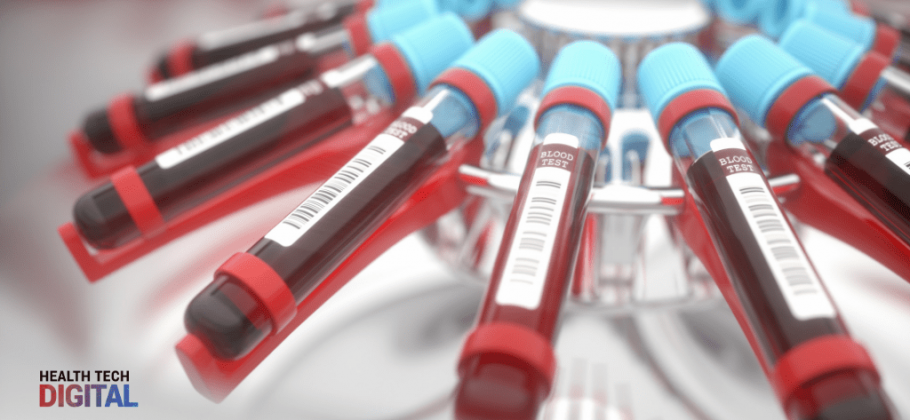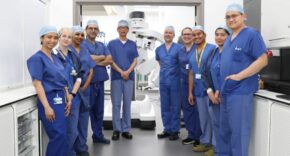On the 5th June 2019, at the Reform digital health conference in London, NHS England Chief Executive Simon Stevens announced that new tests, treatments and procedures will be implemented by the NHC which will benefit over 400,000 patients in 2019 alone.
300,000 patients have already been positively affected by various new healthcare innovations and technology, which are all part of the Long Term Plan.
The latest breakthrough tests and procedures include a specialized blood test called a “High sensitivity troponin test”, which allows doctors to detect a heart attack within 3 hours, preventing people from being admitted to hospitals. Cluster headache patients can be treated with a handheld device called a “Gamacore” which uses electrical currents applied to the vagus nerve, reducing the pain caused by cluster headaches.
The NHS’ Innovation and Technology Payment programme are delivering these new tests so that they can speed up the implementation of these ground-breaking procedures and treatments, building on progress which has already been achieved over the last couple of years
The NHS’ Innovation and Technology Payment programme will also be making funding available for a 3D heart modelling computer programme which diagnoses coronary heart disease. Another ground-breaking treatment will use a hydrogel called “SpaceOAR” which will reduce complications when radiation is used for the treatment of prostate cancer. Various other tests and treatments will also be funded and implemented by the NHS, which will change the way patients are diagnosed and treated.
Pregnant women will be able to access a Placental growth factor (PIGF) based blood test that detects pre-eclampsia. This test will prevent unnecessary hospital visits, enabling pregnant women to be treated faster and also prevent any labour complications which may possibly arise.
Simon Stevens, Chief Executive of NHS England, said: “From improving care for pregnant women to using digital modelling to assess heart conditions and new tests to prevent unnecessary hospitalisations for suspected heart attacks, the NHS is taking action to ensure patients have access to the very best modern technologies. It’s heartening to see the NHS grasping with both hands these rapidly advancing medical innovations.”
The Accelerated Access Collaborative (AAC) which is over-seeing the acceleration of these cutting-edge treatments, along with the government and NHS, are striving to make the NHS the world’s best and most innovative health care system by implementing these treatments. The NHS’ 15 Academic Health Science Networks across England, will be responsible for overseeing the implementation in their various areas.
The NHS will introduce a new funding mandate which has been set out in the Long Term Plan. The funding will be used to introduce and implement proven health tech products which will be used by the NHS in the near future.
Lord Darzi, chair of the Accelerated Access Collaborative, said: “As Chair of the AAC, I am delighted that four of the seven technology areas currently receiving AAC support have been selected for this NHS programme.
“This is a vital step in helping patients receive rapid access to the best, proven innovations being developed in our world-class health system.”
Article source: https://www.england.nhs.uk/2019/06/nearly-three-quarters-of-a-million-patients-set-to-benefit-from-world-leading-innovations-on-the-nhs/













